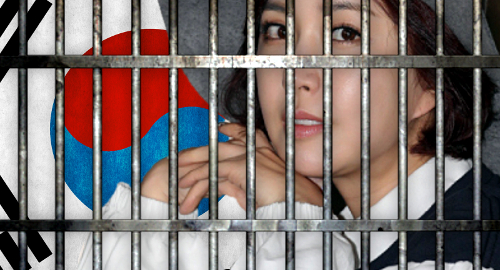 A former K-pop star could end up behind bars due to her Macau casino activity potentially violating South Korea’s laws governing ‘habitual’ gambling.
A former K-pop star could end up behind bars due to her Macau casino activity potentially violating South Korea’s laws governing ‘habitual’ gambling.
This week, South Korean media reported that the actress/singer known professionally as Shoo, who formerly belonged to first-wave K-pop girl group S.E.S., could face up to three years in prison if convicted on charges that she lost KRW790m (US$707k) gambling in Macau casinos over a two-year period.
In August, Shoo confirmed that she was the subject of a civil action brought by two private lenders who claimed the singer had failed to repay KRW600m she was lent in June for gambling purposes in Paradise Co Ltd’s foreigners-only Paradise Walker Hill Casino in Seoul.
South Korean law prohibits local residents from gambling in any domestic casino other the Kangwon Land resort north of Seoul. However, Shoo was born in Japan and holds an overseas permanent resident card, which allowed her to cross the Paradise casino threshold.
Shoo, who claimed ignorance of local gambling laws, was originally charged with fraud and domestic gambling. However, these charges were dropped after prosecutors concluded that Shoo was eligible to gamble at the Paradise casino and that there were no formal records detailing the money that the singer was accused of borrowing.
However, Shoo has been charged for her activities in Macau casinos, due to South Korea’s extraterritorial laws on its citizens engaging in ‘habitual’ gambling abroad. Prosecutors are reportedly examining the KRW790m that Shoo allegedly lost between August 2016 and May 2018.
South Korea has targeted several high-profile executives and athletes using these ‘habitual’ gambling laws, which make an exception for individuals who gamble “just for momentary pleasure.” Shoo faces a fine of up to KRW10m ($9k) if convicted of this lesser offence, but a habitual gambling conviction carries a maximum financial penalty of KRW20m and up to three years behind bars.